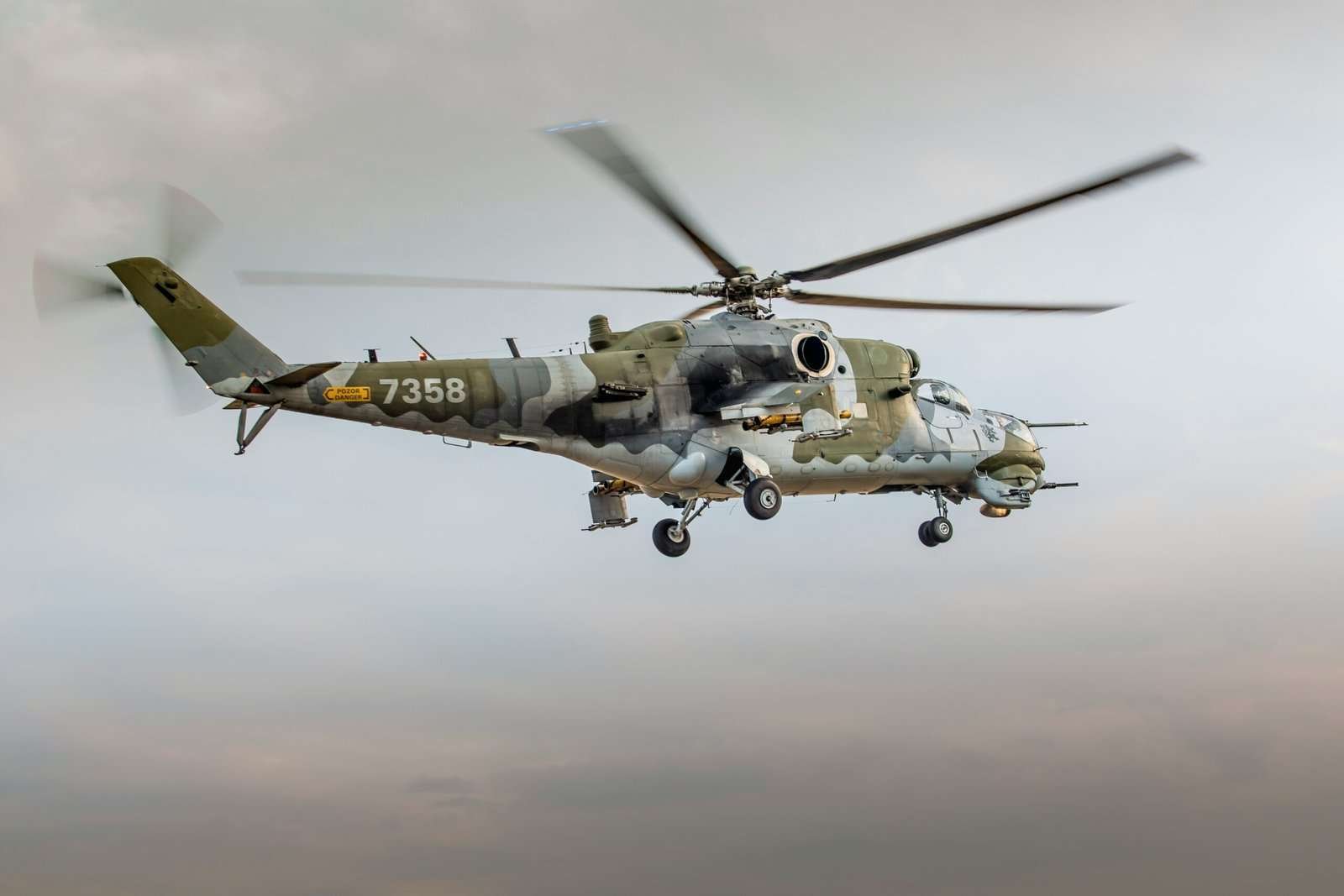
The Rise of Autonomous Weapons
As we look ahead to 2050, one of the significant advancements in warfare will be the rise of autonomous weapons. These systems will operate with minimal human intervention, utilizing artificial intelligence to execute combat missions. By enhancing precision and reducing casualties, autonomous weapons could change the face of conflict. However, they also raise ethical questions regarding accountability in warfare.
Cyber Warfare and Digital Security
Another prediction involves the escalation of cyber warfare. In 2050, nations will face threats that extend beyond traditional battlegrounds. Cyber attacks targeting critical infrastructure could disrupt communications, power grids, and financial systems, creating chaos without a single shot fired. As a result, the importance of digital security and cyber defense technology will be paramount in preserving national security.
The Role of Biotechnology
In the realm of biotechnology, soldiers in 2050 may benefit from advanced enhancements like genetic modifications and bioengineered solutions. These innovations could improve physical stamina and resilience, making personnel more effective in combat. While this represents a significant leap for military capabilities, it will inevitably spark debates on ethics and the implications of ‘modified’ soldiers on the battlefield.
Improved Surveillance and Reconnaissance
Warfare in 2050 will also feature enhanced surveillance and reconnaissance technologies. Drones equipped with sophisticated sensors will provide real-time intelligence, while satellites will monitor battlefield developments more effectively than ever before. This level of situational awareness will offer strategic advantages, allowing for informed decision-making during conflicts.
Sustainability in Military Operations
Lastly, the military operations of 2050 will likely prioritize sustainability, employing clean energy sources and eco-friendly practices. As global tensions rise concerning climate change, nations will increasingly recognize the value of minimizing their ecological footprint while engaging in warfare.







